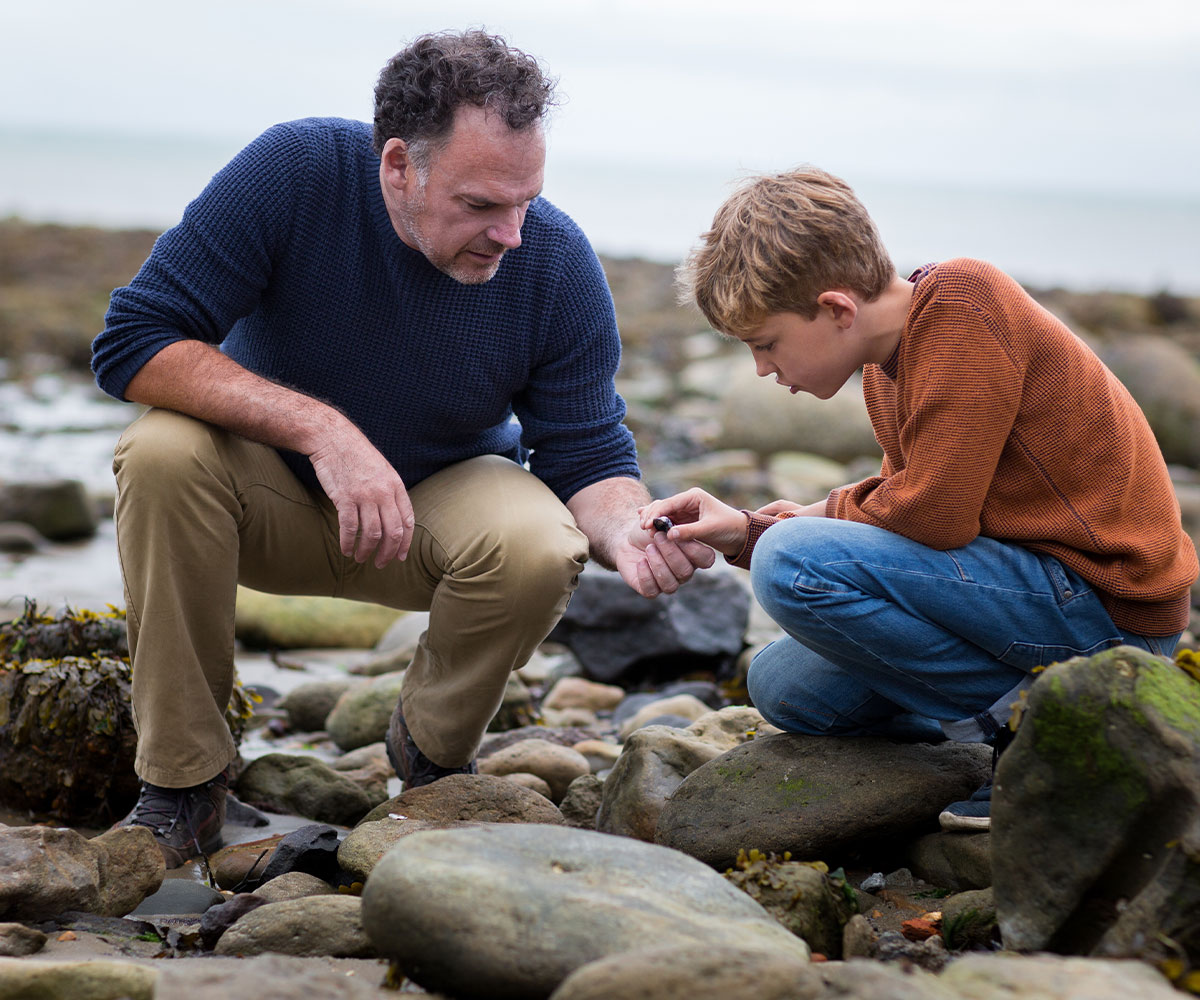Education plays a pivotal role the efforts of affluent families when it comes to developing family office leaders of tomorrow. Targeted initiatives designed to impart specific learning by exposing family members to subject area content that augments college curricula, or takes a deeper dive into topics relevant to the family, go a long way in achieving desired outcomes.
The delivery mechanisms may be online tutorials, podcasts, in-person seminars, reading groups, programs hosted at universities, or some combination of each. Content may be drawn from universities, virtual learning applications, commercial publishers, online learning platforms or individualized by consultants and educators to meet the specific needs of the family.
Many families also take advantage of private bank educational programs1 to access experts, content, and the opportunity to learn alongside other families. Given the plethora of options, we begin to see why a consulting family education director working in concert with a family education committee is a desirable model for researching and crafting model programs. We also believe a key challenge in any family education program is making the experience fun and enjoyable. To that extent, best practices for any family learning and development program may consist of:
- Family engagement via effective programs built from the bottom-up as well as the top-down. In other words, a successful program that addresses the needs and interests of the participants, as well as serves the overarching goals of the family. Best practices include: Creating a committee to guide the curriculum made up of next generation participants; undertaking surveys; soliciting feedback as to areas of interest and best delivery mechanisms; and finally, consistently listening and adapting the program is essential.
- Flexibility via well managed programs that recognize some efforts may fail but are adaptable enough to press onward. The best programs combine elements of fun, humor, engagement, inspiration, and novelty. Weaving family history, examples of family business challenges, as well as personal stories into educational content helps make it both richly appealing and highly relevant. Always bear in mind that these programs should not be static, but ones that evolve over time.
- Designing of bespoke programs based upon the developmental ages, educational and work experience of the target audience relative to the outcome desired. Consider the duration of the class, the modality, technology and other factors when tailoring a program. In the end, both the content and the delivery mechanism must achieve three objectives: captivate interest, maintain engagement, and foster meaningful learning.
- Collaboration via educational programs that bring multiple generations and family branches together in a shared experience which may include everything from learning to entertainment, physical challenges, artistic and creative endeavors, and social service projects.
- Differing outcomes wherein the objectives of a family education program may be quite varied unlike college or graduate level learning. They may include specific skill and knowledge development, simply exposing participants to information, challenging personal beliefs, informing or even entertaining may be valid outcomes.
There is an abundance of educators, program managers, and college faculty who are excellent resources to help manage, develop, or execute family education programs. Many are available on a part-time consulting basis at reasonable cost to the family. In addition, an increasing number of consulting firms are turning their attention to offerings designed to educate and inform in the context of talent development in affluent families.
As the number of family educators grows, we have begun to see peer-groups form, which can be a source of resources and expertise. In selecting a family education director, chief learning officer, or consulting firm, best practices dictate that the scope of the program, nature of the curriculum, and the fit
with the family culture serve as the primary selection criteria.
For more on family learning and education initiatives, please read our latest whitepaper.






